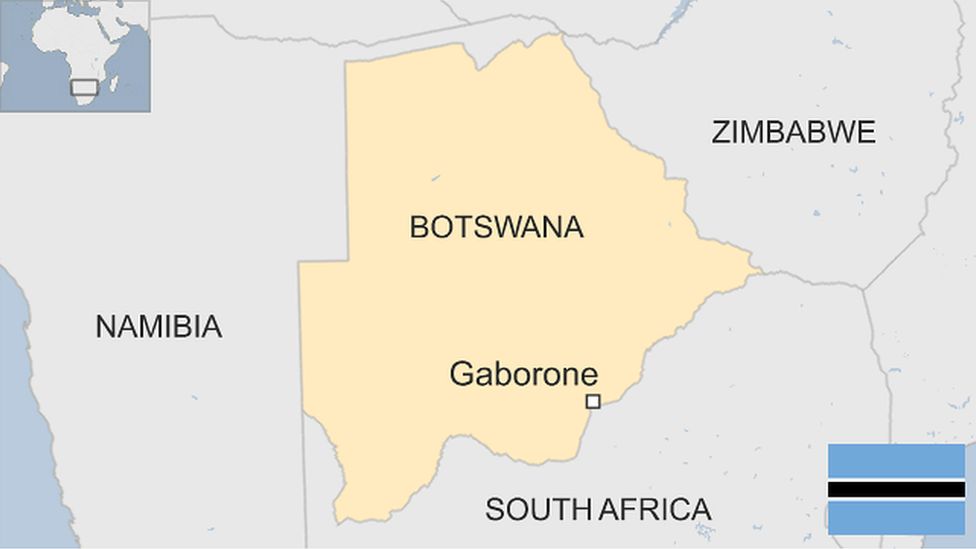Botswana country profile
- Published

Botswana, one of Africa's most stable countries, is the continent's longest continuous multi-party democracy. It is relatively free of corruption and has a good human rights record.
Sparsely populated, Botswana protects some of Africa's largest areas of wilderness. Safari-based tourism - tightly-controlled and often upmarket - is an important source of income.
Botswana is the world's largest producer of diamonds and the trade has transformed it into a middle-income nation.
The country has had its share of problems: It once had the world's highest rate of HIV-Aids infection. The country has one of Africa's most-advanced treatment programmes, however, and medicine for the virus is readily available.
- Read more country profiles - Profiles by BBC Monitoring
REPUBLIC OF BOTSWANA: FACTS
- Capital: Gaborone
- Area: 581,730 sq km
- Population: 2.3 million
- Languages: English, Setswana
- Life expectancy: 66 years (men) 72 years (women)
LEADER
President: Mokgweetsi Masisi
After serving as vice-president and education minister for four years under the presidency of Ian Khama, Mokgweetsi Masisi become the 5th president of Botswana in April 2018.
Like all of his predecessors, he represents the Botswana Democratic Party, which has also won a majority in every parliamentary election since independence.
Mr Masisi had a background in education before entering politics, and faces the task of diversifying an economy heavily dependent on the diamond trade.
MEDIA
Botswana has a long tradition of lively and unimpeded public debate, although opposition leaders have claimed that the government limits their ability to broadcast freely on the radio.
There is a "free and vigorous" press in cities and towns, says US-based NGO Freedom House.
State-run TV arrived with the launch of Botswana Television (BTV) in 2000. Satellite pay TV is available.
TIMELINE
Some key dates in Botswana's history:
1867 - European gold prospectors arrive, mining begins. In 1885, British proclaim a protectorate called Bechuanaland.
1950 - Chief of the Ngwato, Seretse Khama, is deposed and exiled by the British.
1960 - Britain approves new constitution for Bechuanaland. Executive Council, Legislative Council and African Council are established. The following year, Seretse Khama is appointed to Executive Council and later founds the Bechuanaland Democratic Party (BDP), which is eventually renamed the Botswana Democratic Party. He becomes prime minister in 1965.
1966 - Bechuanaland is granted independence and becomes Republic of Botswana with Seretse Khama as president.
1967- Diamonds discovered at Orapa.
1999-2008 - Presidency of Festus Mogae - praised for diversifying Botswana's economy to reduce its dependence on diamonds.
2004 - HIV infection rate falls to 37.5%; Botswana no longer has the world's highest rate of infection.
2008 - Ian Khama, son of Seretse Khama, becomes president, serves two terms in office.
2010 - Human rights group Survival International calls for a boycott of Botswanan diamonds, accusing the government of trying to force Basarwa bushmen away from their ancestral lands.
2014 - Gay rights group wins legal recognition.
- Published13 February
- Published21 February 2023
- Published24 March 2023
- Published30 August 2023
- Published1 May 2023
- Published24 July 2023